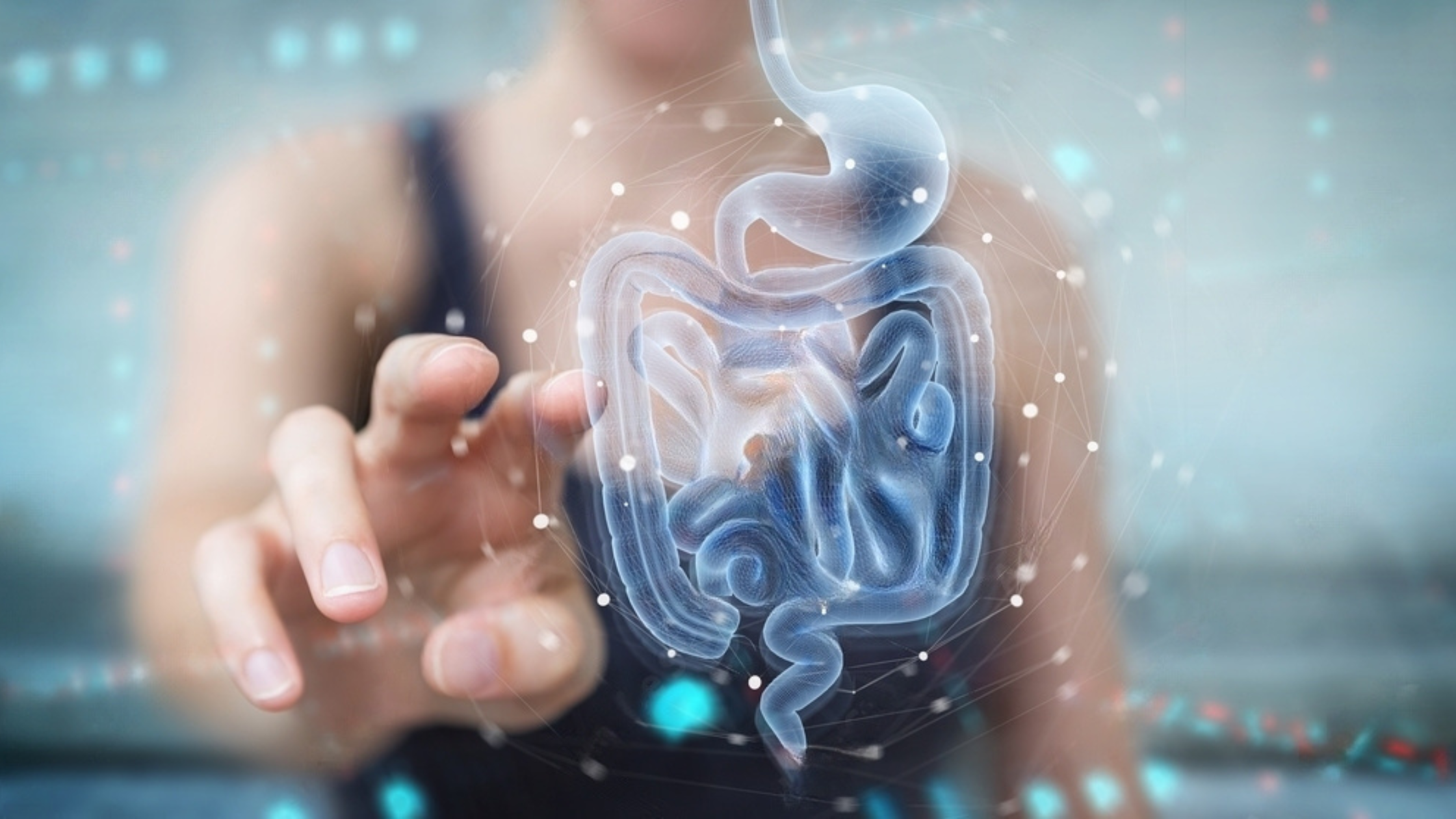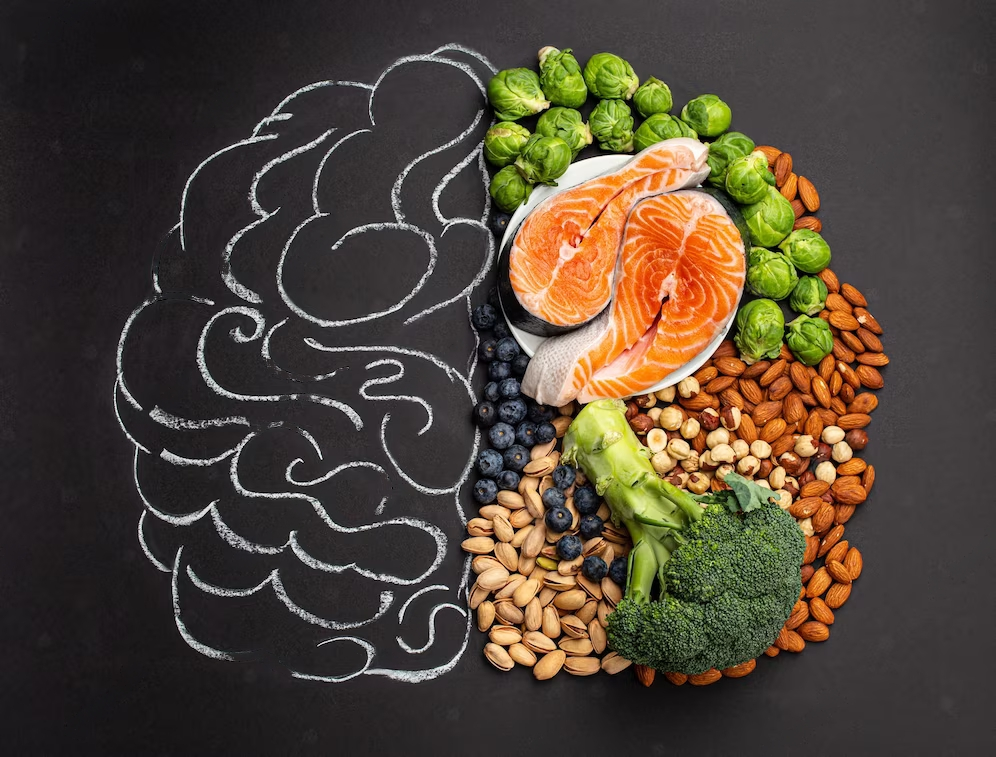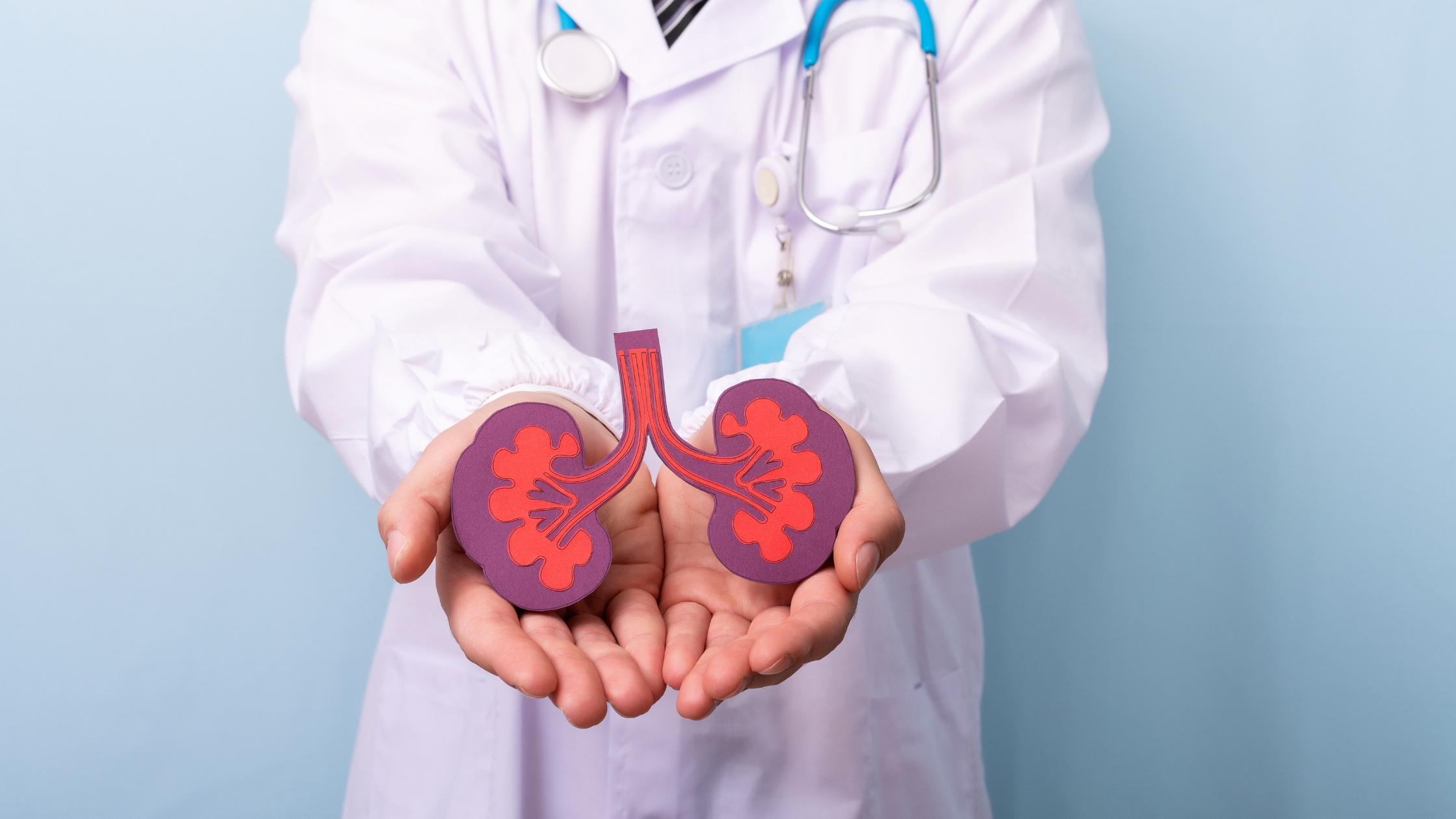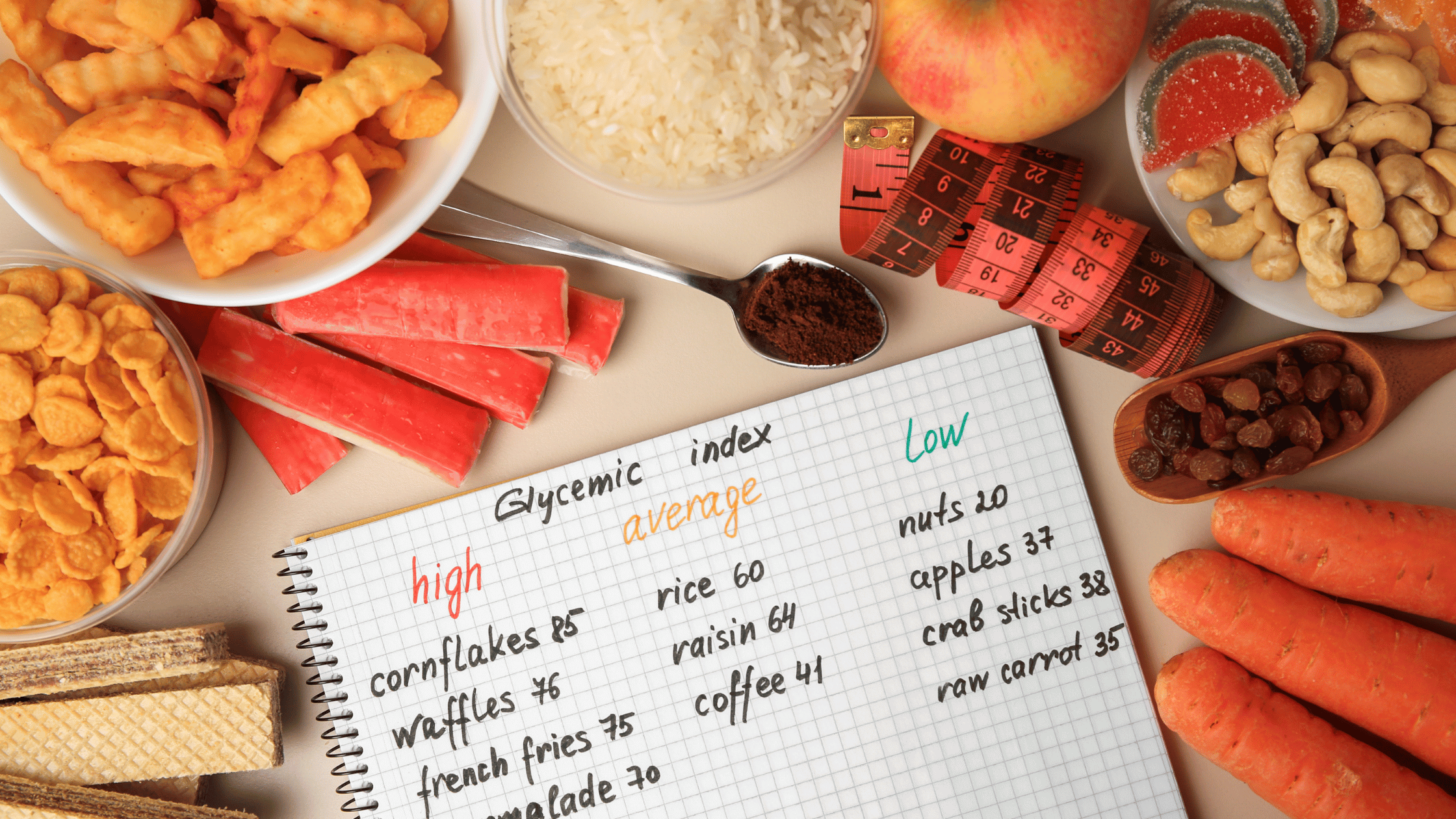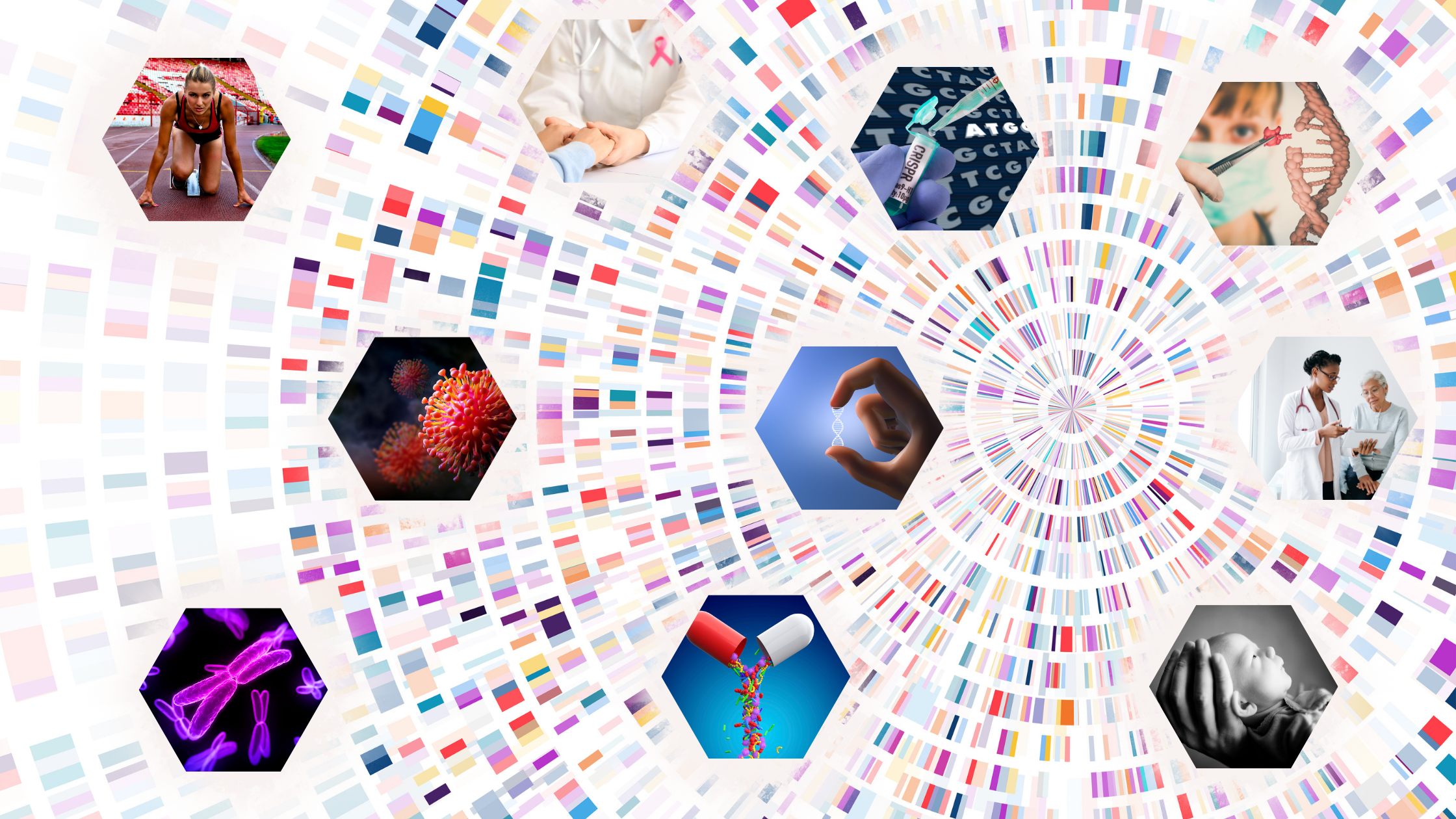Mind Your Mood & Food: A Genetic Perspective

Our understanding of the intricate relationship between mind, mood, and food has evolved significantly over the years. While various factors influence our mental well-being, emerging scientific research has shed light on the impact of genetics on our minds and moods, particularly in relation to the foods we consume. This blog explores the fascinating connection between genetics, mental health, and nutrition, backed by compelling scientific evidence.
Genetics and Mental Health:
The study of genetics has revealed that our genetic makeup plays a significant role in determining our susceptibility to mental health disorders. Numerous genes contribute to mental health conditions such as depression, anxiety, bipolar disorder, and schizophrenia. While genetic predisposition alone does not determine the development of these disorders, it can influence their manifestation and severity.
Mood-Modulating Genes:
Several genes have been identified as regulators of mood and emotions. One such gene is the serotonin transporter gene (SLC6A4). Variations in this gene have been linked to altered serotonin levels, a neurotransmitter associated with mood regulation. The presence of certain genetic variants can influence an individual's response to stress, impacting their vulnerability to depression and anxiety (Caspi et al., 2003).
Furthermore, the COMT gene, responsible for the breakdown of dopamine, has been associated with mood disorders. Variants of this gene can affect the efficiency of dopamine processing, potentially influencing an individual's susceptibility to mood swings and emotional stability (Green et al., 2006).
Nutrigenomics: The Intersection of Genetics and Nutrition
Nutrigenomics, a field at the intersection of genetics and nutrition, examines how our genetic variations impact our response to different nutrients and dietary components. This emerging field emphasizes the importance of personalized nutrition, considering an individual's unique genetic makeup to optimize health and well-being.
The Impact of Diet on Mental Health:
Scientific research has increasingly recognized the role of diet in mental health outcomes. Studies have demonstrated the association between nutrient deficiencies and increased risk of mental disorders. For instance, omega-3 fatty acids, found in fatty fish and nuts, have been linked to a reduced risk of depression (Grosso et al., 2014). Folate, found in leafy greens and legumes, is essential for the production of neurotransmitters and has been implicated in depression and schizophrenia (Bjelland et al., 2003).
Furthermore, research suggests that certain individuals with specific genetic variations may benefit from tailored dietary interventions. For example, individuals with a variant in the FADS2 gene, involved in fatty acid metabolism, may have a greater requirement for omega-3 supplementation to support optimal brain function (Lai et al., 2019).
The Gut-Brain Axis:
The gut-brain axis, the bidirectional communication network between the gut microbiota and the central nervous system, has gained significant attention in recent years. The composition and diversity of gut bacteria can influence brain function, mood, and mental health. Genetic factors play a role in determining an individual's gut microbiota composition, which, in turn, can affect mental well-being.
Food That Alleviates Moods:
Certain foods have been found to have mood-alleviating properties, promoting mental well-being. Here are some examples:
Dark Chocolate: Dark chocolate contains flavonoids and other compounds that can enhance mood and reduce symptoms of depression (Pase et al., 2013).
Berries: Berries, such as blueberries and strawberries, are rich in antioxidants and phytochemicals that have been associated with improved cognitive function and mood (Krikorian et al., 2010).
Turmeric: Curcumin, the active compound in turmeric, has been found to have anti-inflammatory and neuroprotective effects, potentially improving mood and reducing the risk of depression (Ng et al., 2017).
Probiotics: Probiotic-rich foods, like yoghurt and fermented foods, can positively influence gut microbiota composition, leading to improved mental health outcomes (Slyepchenko et al., 2016).
Understanding the genetic underpinnings of mind, mood, and food is an exciting frontier in the field of mental health and nutrition. While genetics alone cannot predict mental health outcomes, they provide valuable insights into an individual's susceptibility to mental disorders and response to dietary interventions. By leveraging this knowledge, personalized nutrition approaches can be developed, catering to an individual's unique genetic makeup to optimize mental well-being. The convergence of genetics, nutrition, and mental health holds great promise for advancing our understanding and treatment of mental disorders in the future.
References:
Bjelland, I., Tell, G. S., Vollset, S. E., Refsum, H., & Ueland, P. M. (2003). Folate, vitamin B12, homocysteine, and the MTHFR 677C→ T polymorphism in anxiety and depression: The Hordaland Homocysteine Study. Archives of General Psychiatry, 60(6), 618-626.
Caspi, A., Sugden, K., Moffitt, T. E., Taylor, A., Craig, I. W., Harrington, H., ... & Poulton, R. (2003). Influence of life stress on depression: Moderation by a polymorphism in the 5-HTT gene. Science, 301(5631), 386-389.
Green, E. K., Raybould, R., Macgregor, S., Gordon-Smith, K., Heron, J., Hyde, S., ... & O'Donovan, M. C. (2006). Operation of the schizophrenia susceptibility gene, neuregulin 1, across traditional diagnostic boundaries to increase risk for bipolar disorder. Archives of General Psychiatry, 63(5), 492-499.
Grosso, G., Pajak, A., Marventano, S., Castellano, S., Galvano, F., & Bucolo, C. (2014). Role of omega-3 fatty acids in the treatment of depressive disorders: A comprehensive meta-analysis of randomized clinical trials. PLoS One, 9(5), e96905.
Krikorian, R., Shidler, M. D., Nash, T. A., Kalt, W., Vinqvist-Tymchuk, M. R., Shukitt-Hale, B., & Joseph, J. A. (2010). Blueberry supplementation improves memory in older adults. Journal of Agricultural and Food Chemistry, 58(7), 3996-4000.
Lai, J., Moxon, S., & Smithers, L. G. (2019). FADS2 genetic variation and omega-3 fatty acid status: A systematic review and meta-analysis. Nutrients, 11(8), 1770.
Ng, Q. X., Koh, S. S., Chan, H. W., Ho, C. Y. X., & Yeo, W. S. (2017). Clinical use of curcumin in depression: A meta-analysis. Journal of the American Medical Directors Association, 18(6), 503-508.
Pase, M. P., Scholey, A. B., Pipingas, A., Kras, M., Nolidin, K., Gibbs, A., ... & Stough, C. (2013). Cocoa poly
phenols enhance positive mood states but not cognitive performance: A randomized, placebo-controlled trial. Journal of Psychopharmacology, 27(5), 451-458.
Slyepchenko, A., Maes, M., Jacka, F. N., Köhler, C. A., Barichello, T., McIntyre, R. S., ... & Berk, M. (2016). Gut microbiota, bacterial translocation, and interactions with diet: Pathophysiological links between major depressive disorder and non-communicable medical comorbidities. Psychotherapy and Psychosomatics, 85(2), 65-80.

The Gene Box





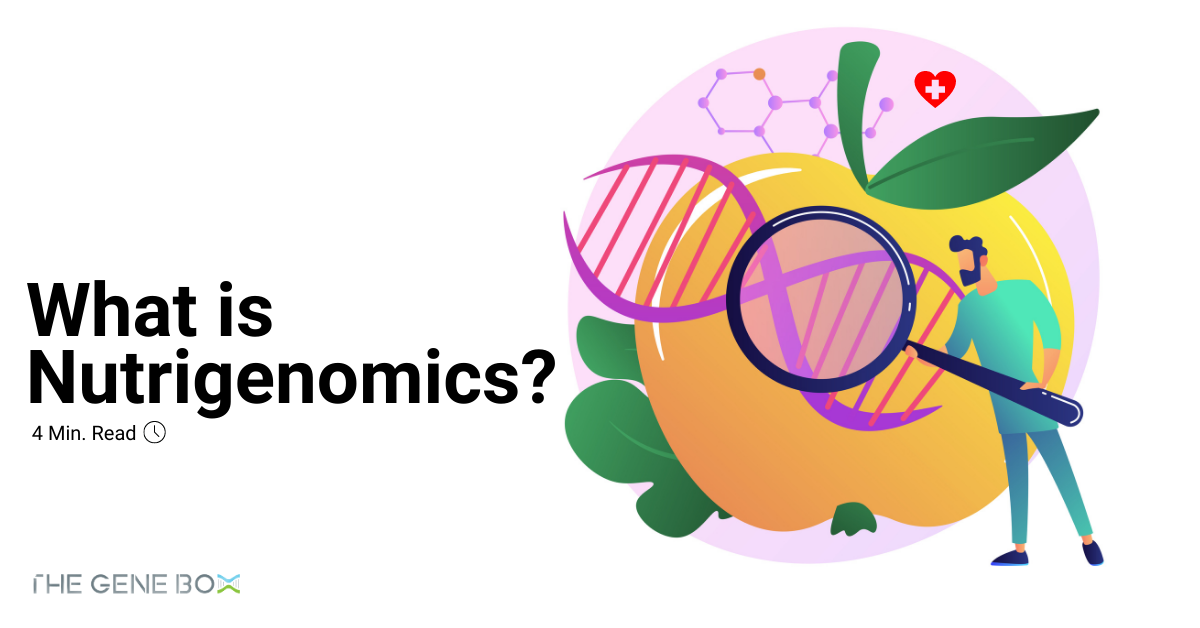


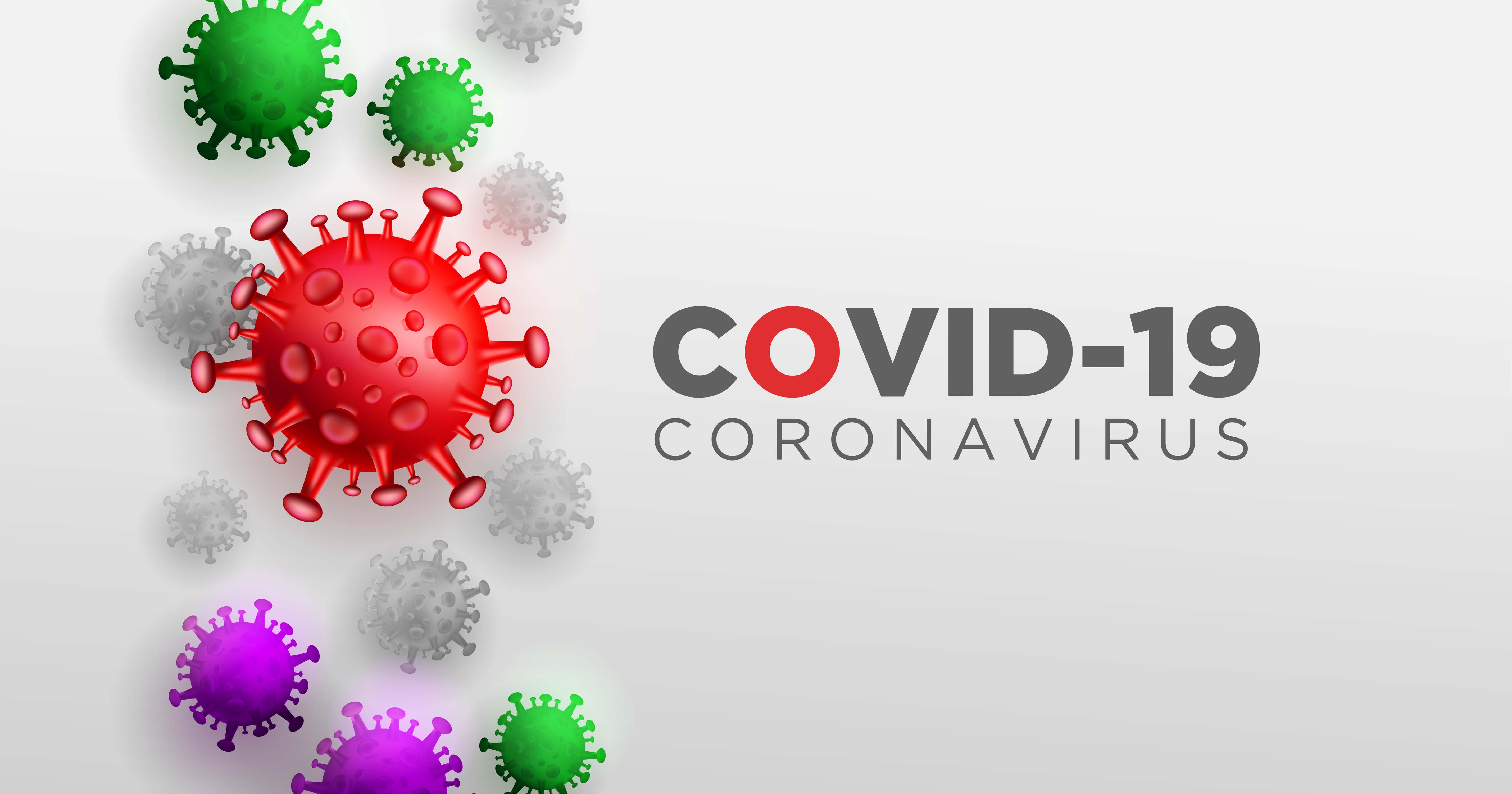
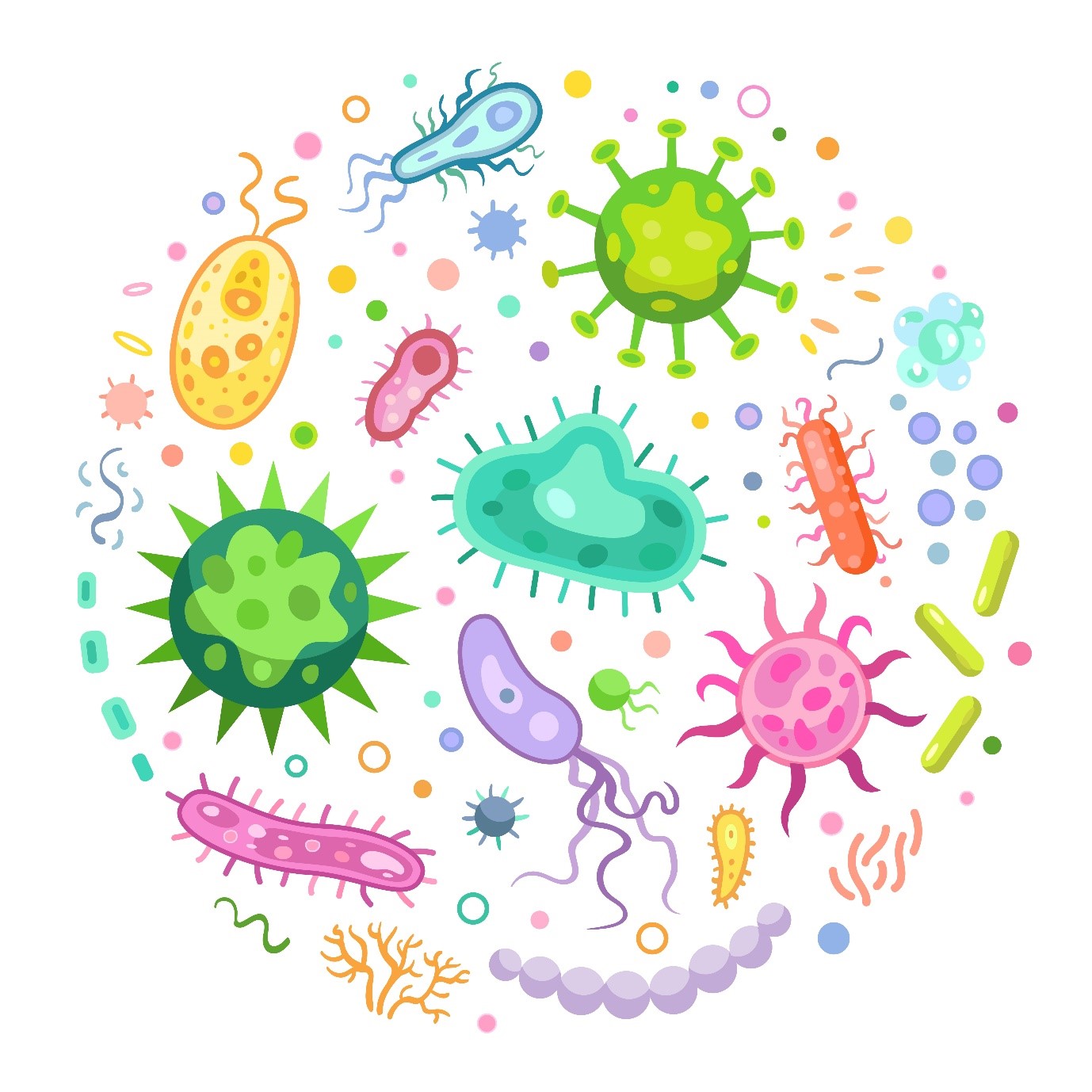

.png)

















